Decapeptide-12 200mg
$240.00
Decapeptide-12 is a small oligopeptide made of just twelve amino acids (Tyr-Arg-Ser-Aar-Lysd-Tyr-Ser-Ser-Trp-Tyr). It is primarily known for its ability to inhibit activity of the tyrosinase enzyme responsible for producing melanin
Decapeptide-12 200mg
Decapeptide-12 is an oligopeptide with well-known anti-tyrosinase activity. It is under active investigation for its ability to help improve both skin tone and skin texture. Tyrosinase is a copper-containing enzyme found widely in plant and animal tissues. It catalyzes the production of melanin and other pigments. By interfering with tyrosinase, decapeptide-12 is able to lighten skin tone in animal models.
Research Application
Tyrosinase is an enzyme essential to the production of melanin and other pigments. A deficiency of tyrosinase results in type I oculocutaneous albinism while any mutation that causes tyrosinase to be overactive will lead to hyperpigmentation of the skin secondary to melanin production [1]. Both the medical and cosmetics industries are interested in tyrosinase inhibitors, like decapeptide-12, as both therapeutics and to help better clarify how the enzyme cascade of pigment production works.
The food industry has also investigated decapeptide-12 as a potential preservative and flavor enhancer. Tyrosinase catalyzes the oxidation of phenolic compounds found in fruits and vegetables (it is what turns potatoes black after they are cut) to quinones. This conversion gives food an unpleasant taste and color. It also makes it harder for certain proteins to be digested and thus decreases the nutritional value of food.
What Is Decapeptide-12
Decapeptide-12 reversibly binds to tyrosinase, an enzyme found in a number of different pigment-producing cells. It prevents tyrosinase from catalyzing the oxidation of phenols, the first step in melanin production. In mammals, tyrosinase is found only in melanosomes, special compartments within pigment-producing cells. Tyrosinase is not preserved across species and, in fact, can differ drastically in structure even among closely-related species. In humans, differences in the efficiency of tyrosinase determine skin color and are the result of slight modifications in the TYR gene found on chromosome 11 [2].
What Does Decapeptide-12 Do?
Decapeptide-12 reversibly binds to tyrosinase, an enzyme found in a number of different pigment-producing cells. It prevents tyrosinase from catalyzing the oxidation of phenols, the first step in melanin production. In mammals, tyrosinase is found only in melanosomes, special compartments within pigment-producing cells. Tyrosinase is not preserved across species and, in fact, can differ drastically in structure even among closely-related species. In humans, differences in the efficiency of tyrosinase determine skin color and are the result of slight modifications in the TYR gene found on chromosome 11 [2].
Decapeptide-12 Research and the Lightening of skin
A prospective animal study study looking at the safety and efficacy of topical decapeptide-12 in photodamage found that decapeptide-12 reduces skin pigmentation dramatically. In fact, nearly 40% of subjects in the study achieved baseline skin tone (100% reduction in hyperpigmentation) and 15% moved from grade 3 photodamage to grade 1 photodamage. Those with the most severe photodamage (grade 4) experienced only moderate improvement to grade 3 after twelve weeks of use [3].
In a split-face (one side of the face is given one product and the other side is given another product), randomized, double-blind and placebo controlled pilot study, statistically significant changes in skin tone were seen in 100% of subjects suffering from melasma (photdamage) [4].
Decapeptide-12 is approximately 17 times more potent than previous treatments for hyperpigmentation, including hydroquinone [5]. Studies in cultured melanocytes over 7 days demonstrated a 27%-43% reduction in melanin content [6]. Decapeptide-12 has undergone multiple animal trials and may eventually be included in commercial products for treating hyperpigmentation.
$240.00
1 +
Add to
5 reviews for Decapeptide-12 200mg
Add a review Cancel reply
Related products
Cosmetic Peptides
Cosmetic Peptides
Cosmetic Peptides
Cosmetic Peptides
Cosmetic Peptides
Cosmetic Peptides
Cosmetic Peptides
Cosmetic Peptides

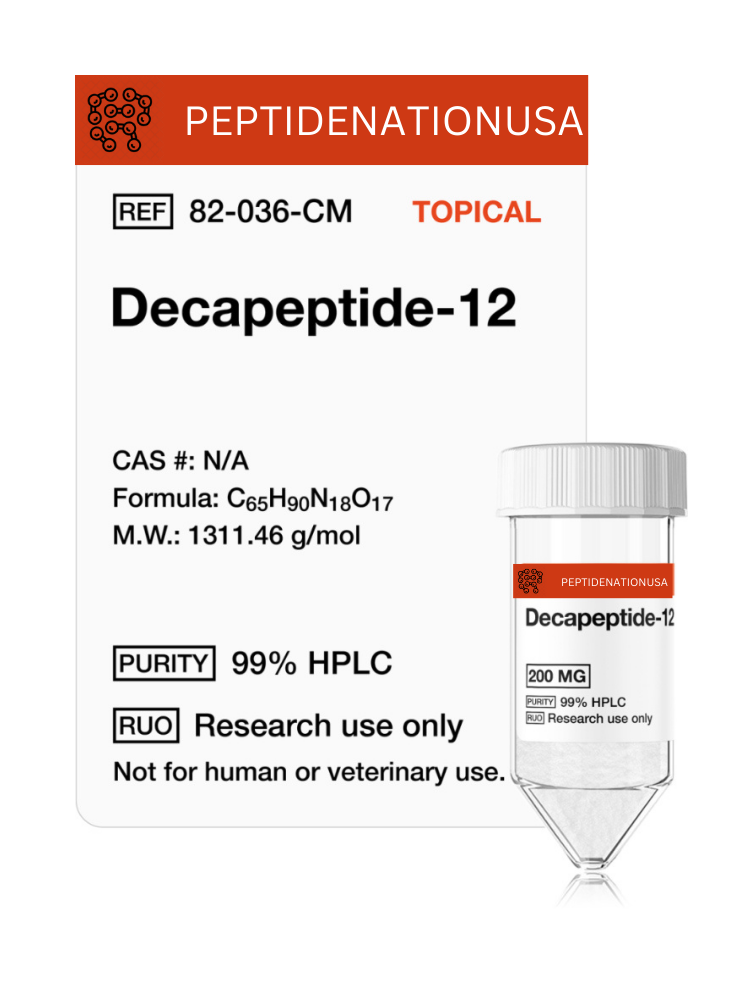

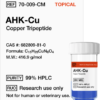
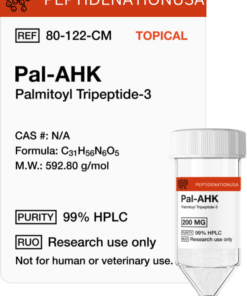
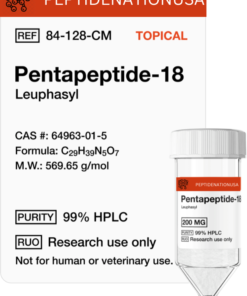
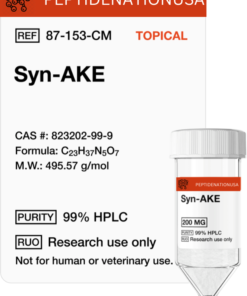
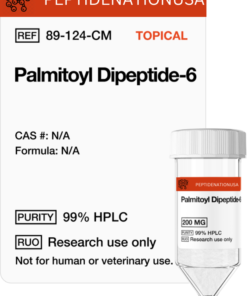
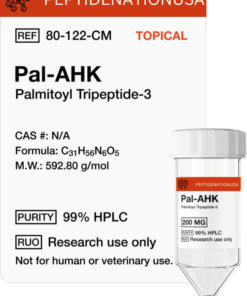
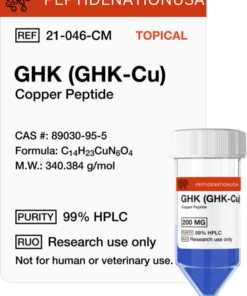
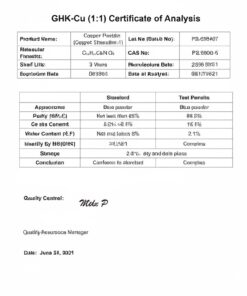
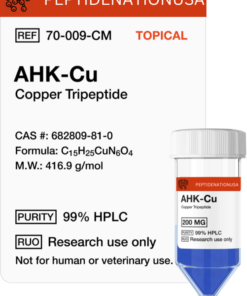
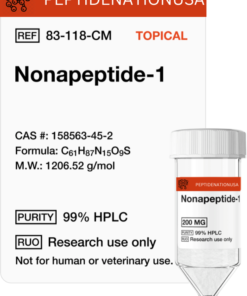
Brooke Simmons –
This version is a bit stronger. I love the results.
Carl Jenkins –
cjenkins.decapeptide@gmail.com
Andrea Ford –
No irritation and visible lightening of dark patches.
Scott Bailey –
Noticeably reduces discoloration and softens my skin.
Megan Lane –
Love this for my hyperpigmentation issues.